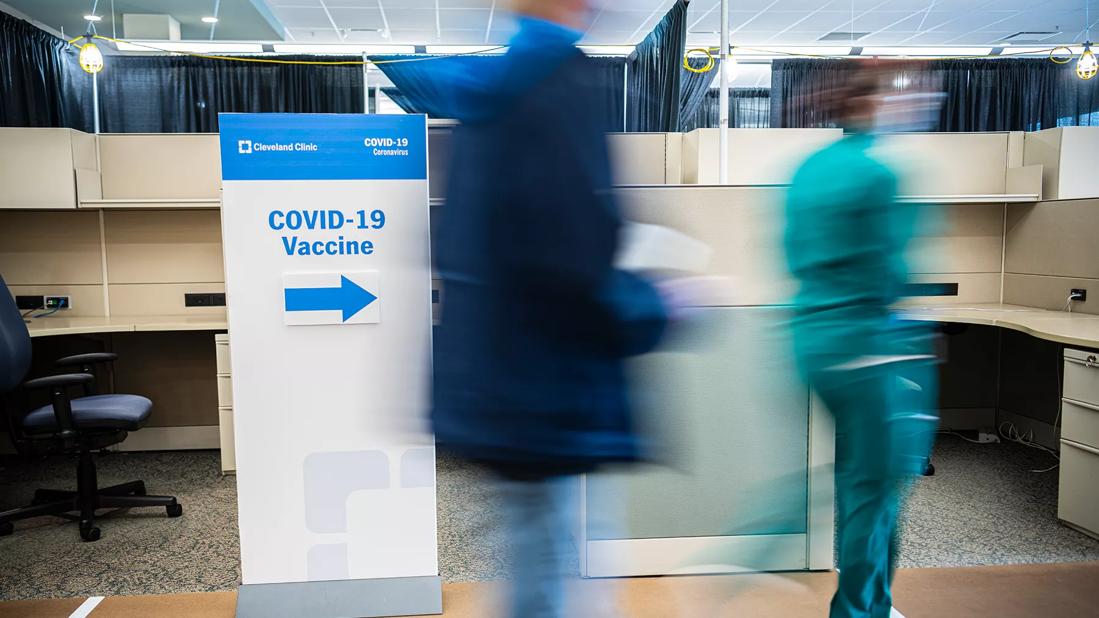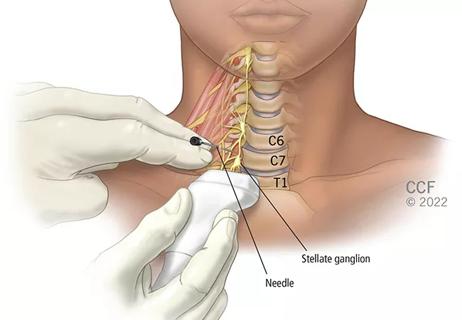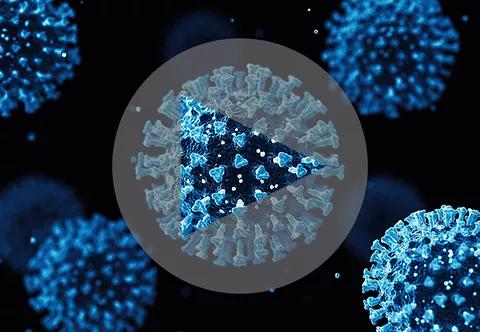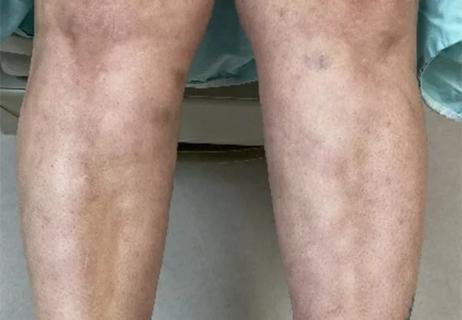Tech-driven automation improves patient experience, care efficiency

Since mid-December, Cleveland Clinic has vaccinated over 150,000 patients against COVID-19 in both Florida and Ohio.
Advertisement
Cleveland Clinic is a non-profit academic medical center. Advertising on our site helps support our mission. We do not endorse non-Cleveland Clinic products or services. Policy
Behind this urgent and complex initiative, health information technology has proven a vital and driving force. Through automation processes, innovation and building on existing platforms, Cleveland Clinic continues to improve workflows. These initiatives allow caregivers to focus on the areas of greatest need and provide patients with more transparency, access and control over their care.
Technology-driven automation has ensured that Cleveland Clinic is able to vaccinate as many people as possible all while navigating a landscape governed by shifting state and federal mandates and rife with issues of limited supplies and waste prevention.
Across the nation, patients eager to schedule a vaccination appointment have overwhelmed appointment centers, and Cleveland Clinic was no exception.
To address this, leadership prioritized the creation of direct ticket scheduling within Epic’s MyChart app, the enterprise’s free patient portal, which allowed patients to schedule their appointments from their own device. With state vaccine eligibility guidelines rolling out in Florida first, Cleveland Clinic Florida had the opportunity to model the new functionalities.
An interdisciplinary team of Cleveland Clinic analysts partnered with Epic to construct a system adaptive to patients based on vaccine eligibility. Direct scheduling, or self-scheduling, was enabled for Cleveland Clinic Florida patients over 65. The ‘Schedule an Appointment’ function, usually reserved for follow-up appointments, now includes an option to schedule an appointment with the COVID-19 Vaccination Clinic.
Advertisement
For Cleveland Clinic Florida patients who met the state eligibility criteria for high-risk patients under 65, providers could place a vaccine scheduling order and send scheduling tickets to their patients’ MyChart accounts. Patients received an email, as well as a text, alerting them of the ticket pending in their account, which could be used to schedule their vaccination. Epic’s Order Up functionality was also implemented. This gave providers the ability to instantly schedule vaccination appointments on behalf of patients during an office or virtual visit.
Within a month of implementing these automated tools, 40% of all vaccine appointments enterprise-wide were made by patients through MyChart. A driving force behind the rapid adoption was a wide-scale text messaging campaign, implemented through Microsoft Cloud for Healthcare, the software company’s Customer Relationship Management (CRM) platform. Teams coordinating the vaccination effort were able to text all Cleveland Clinic patients and encourage them to sign-in or register with MyChart right at the start of each state’s vaccine rollout.
The successful adoption of ticket and self-scheduling tools provided much-needed relief for appointment centers, but it also allowed phone support to focus their time and efforts on proactive outreach to vulnerable patients—patients on the other side of the digital divide, without access to the internet, mobile devices or loved ones available to navigate online on their behalf.
Besides facilitating the enterprise-wide MyChart registration text campaign to prepare patients for vaccine rollouts, Cleveland Clinic also leveraged Microsoft Cloud for Healthcare in another campaign to text patients eligible to receive the vaccine to stay tuned as supplies fluctuate. To date, 4% of eligible patients contacted have responded to the 200,000 text messages sent, with some responding that they have already been vaccinated or are declining to be vaccinated. This information enables Cleveland Clinic to obtain a more comprehensive and accurate view of patient trends and improve stewardship of a volatile vaccine supply.
Advertisement
To provide additional aid, Epic auto-queries Ohio and Florida state immunization registries. This helps COVID-19 vaccinations from outside organizations to be quickly reconciled and added to patient charts during outpatient office visits. A reminder message is also sent to the patient through their MyChart account to notify them when to return for their second dose. In Ohio, Cleveland Clinic launched a pre-registration page through Microsoft Cloud for Healthcare, which ensures access to vaccine waitlists to patients without MyChart accounts or those who are not Cleveland Clinic patients.
Internally, Cleveland Clinic’s web development team created a weekly vaccine standby list for Ohio caregivers. In the event of leftover, expiring vaccine at the end of the day due to patient no-shows, vaccination staff could contact caregivers on the waitlist to receive the vaccine, ensuring that no dose is wasted.
To help manage patient frustrations and expectations around limited and varying vaccine supplies, Cleveland Clinic employed MyChart announcement banners to relay vaccine supply and COVID-19 related updates. These banners are filtered to display within the accounts of affected patients and link back to Cleveland Clinic’s public-facing vaccine information webpage as the “single source of truth.”
Similarly, analysts developed an Epic SmartPhrase, a macro shortcut that providers could use to instantly auto-populate responses to patient MyChart messages seeking information about COVID-19 vaccines. The auto-responses direct patients back to the Cleveland Clinic public vaccine information page. This ensures patients receive the most current and consistent information, while also unburdening providers to focus their efforts on administering care.
Advertisement
“Technology has always been a big a part of how we’re closing care gaps for our patients,” says Matt Kull, Chief Information Officer for Cleveland Clinic. “We’re constantly striving to create a more frictionless experience for our patients, and it has been no different in our effort to vaccinate our communities.”
Advertisement
Advertisement

Patients report improved sense of smell and taste

Clinicians who are accustomed to uncertainty can do well by patients

Unique skin changes can occur after infection or vaccine

Cleveland Clinic analysis suggests that obtaining care for the virus might reveal a previously undiagnosed condition

As the pandemic evolves, rheumatologists must continue to be mindful of most vulnerable patients

Early results suggest positive outcomes from COVID-19 PrEP treatment

Could the virus have caused the condition or triggered previously undiagnosed disease?

Five categories of cutaneous abnormalities are associated with COVID-19